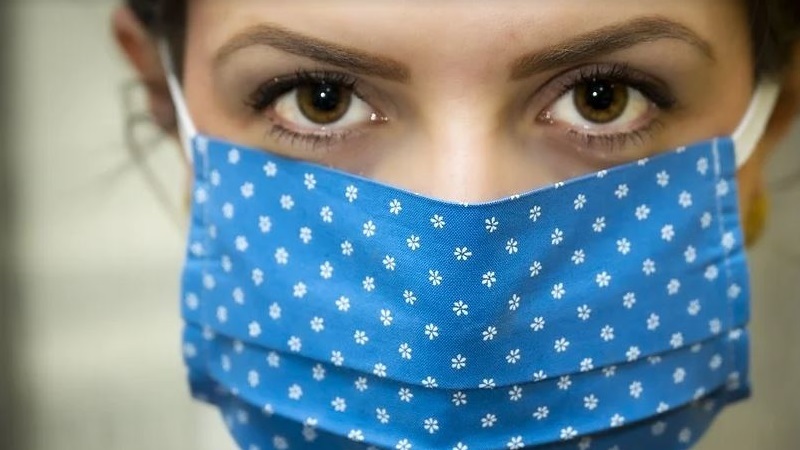SACRAMENTO - Leslie Gielow Jacobs, inaugural Justice Anthony M. Kennedy professor of law at University of the Pacific, McGeorge School of Law, told the Northern California Record that legal challenges to an order by Gov. Gavin Newsom requiring residents to wear face masks to prevent COVID-19 are not likely to succeed.
“The governor has the authority to require masks,” she said.
Newsom declared a statewide mask mandate on June 18. A report in NPR News said the order was based on recommendations from the California Department of Public Health, including the warning that infected people not showing symptoms of the coronavirus can still spread the disease.
"Our numbers are going up, not going down. Hospitalization numbers are just starting to creep back up, and I'm very concerned by what we're seeing," Newsom told Los Angeles' ABC7. "We think the most impactful thing we can do, short of going back to a stay-at-home order, is wearing face coverings when we can't practice physical distancing."
People are required to wear masks in public venues, including transportation, such as bus travel, while seeking medical or other care, buying groceries or shopping, and in most workplaces.
The order has drawn oppositions from citizen groups, local government and police departments who question the order’s enforceability and its constitutionality.
A report in SF Gate said that Reinette Senum, mayor of the Sierra foothills community of Nevada City, claimed that Newsom did not have the unilateral power to make such orders.
A Fox News report said at least 12 municipal governments and police departments, including the Sacramento Sheriff’s Office, have said they will encourage mask wearing while not enforcing the mandate.
Residents who violate Newsom’s order could face a misdemeanor charge and fine.
However, Jacobs said that challenging the order with a lawsuit in court could prove difficult to win, given the gravity of the COVID-19 threat.
“A court challenge is likely to fail,” she told the Northern California Record. “The governor declared an emergency, and he has taken these powers unto himself.”
She said to win such a case, one would have to prove that their “liberty interest” had been infringed. One such example would be if somehow a person with a disability would not be allowed to enter a facility where people with masks could go, which could conflict with federal Americans with Disability Act (ADA) laws.
Like the mask order, Jacobs said the mandate to require the wearing of auto seat belts was also controversial in its day, with opponents claiming it infringed on their liberties and rights.
“A court would look at the degree of burden (in a lawsuit),” Jacobs said. “The governor had the authority to make us stay home. The nature of the threat (COVID-19) is grave. There is also the fact that the masks help prevent the virus and the lack of other ways to prevent it.”
In addition, the mask requirement does not enter people’s homes, but rather is required in public places, she pointed out.
